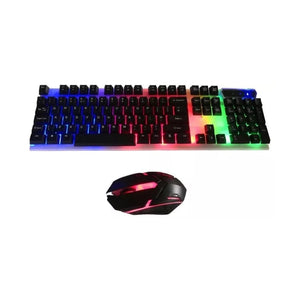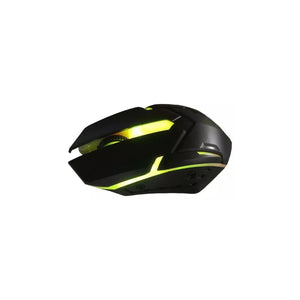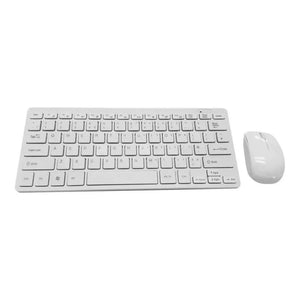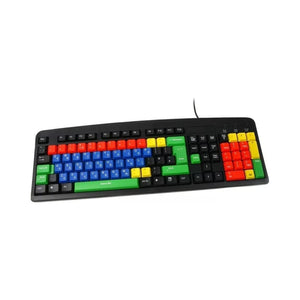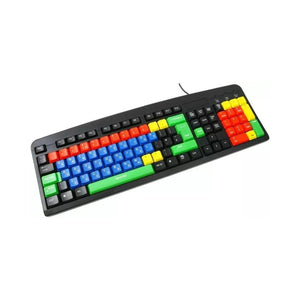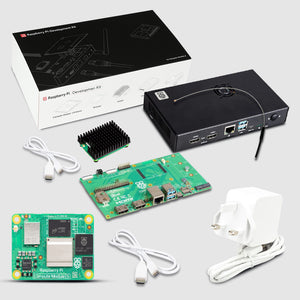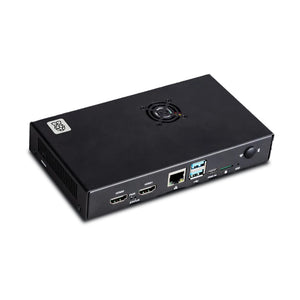Micro-controllers are the heart of electronic products that explore the possibilities of various powerful projects for the users. There are many people that are interested in buying the most efficient microcontrollers in the market. NODEMCU and Raspberry Pi Pico come at the most searched controllers that are getting attention from the tech-community.
One main question that is becoming common amongst the developers is which board they should buy for their project. In this post, we will discuss all the details regarding both the development boards. So let’s get started.
NODEMCU and Raspberry Pi Pico - Overview
Both of the products, NODEMCU and Raspberry Pi Pico, Might look the same but both serve their work at different projects with different potential.
Raspberry Pi Pico is the first product built on silicon designed by Raspberry Pi. At its heart is RP2040, a Raspberry Pi-designed chip, which features Dual Core ARM Cortex-M0+ clocked at 133MHz; 256KB RAM; 30 GPIO pins; and a broad range of interfacing options. Raspberry Pi Pico is paired with 2MB of onboard QSPI Flash memory for code and data storage.
NODEMCU differs from the Raspberry Pi Pico in many ways that opens up the gates for new products. NODEMCU board consists of the powerful microcontroller ESP8266, single core processor, 32 bit LX106 architecture, clock speed Up to 160MHz, with operating voltage of 3.3 V.
Internet Connectivity
IoT technologies are booming in the world as it makes the work easier for the developer and users. You can send, upload, download the data via the microcontroller that is a great way of using your product. Raspberry Pi Pico is surely a great product for the users to make hi-tech products in the economical price range but it lacks the internet connectivity. There is no onboard wifi module in the Raspberry Pi Pico that enables it to perform the tasks of connectivity to the internet or other devices.
NODEMCU comes with the solution of this above problem with the WiFi module ESP8266 that would make the user connect with the internet. A user can use its feature to make their product more accessible for a majority of the users. Now one can build IoT based applications based on the NODEMCU.
Speed and Flash memory
In terms of performance, Raspberry Pi Pico is the clear winner in front of the NODEMCU. Raspberry Pi Pico consists of the dual core processor that is faster in front of the NODEMCU, that would enhance the quality of your project. The 32 bit ARM Cortex M0+ of Raspberry Pi Pico makes an increment in the speed of the processor that will make the product processing faster in comparison to the NODEMCU. NODEMCU runs on the 32 bit LX106 that is good for the projects also but in comparison with the Raspberry Pi Pico it feels slower.
One more thing that needs to be noticed is the flash memory of both the boards. In Raspberry Pi Pico 2MB of flash memory is given whereas NODEMCU gets the advantage of the high memory of 4MB.

Inbuilt-sensors
Extra add-ons like built-in sensors are a bliss for the developer community. Temperature sensor in the Raspberry Pi Pico is a great add-on for the users that would make them use it in their projects. NODEMCU does not have any other sensor that can be used in the project but you can add an extra sensor with it like a temperature sensor. If you are a newbie in the embedded system and do not have the skill to solder the sensor on the board then you can use NODEMCU otherwise Raspberry Pi Pico is the best option for the temperature sensing ability.
Final Conclusion
In the final conclusion NODEMCU Vs Raspberry Pi Pico, both of the boards are praiseworthy with advanced features and specifications. It all comes down to your needs and configuration of your project.
Both the boards, in terms of powerful processor and fast working speed, Raspberry Pi Pico should be the choice of the people but if you are a newbie and want to develop an IoT product then NODEMCU should be on your buying list. One more advantage with the NODEMCU is that it can be used as a stand alone product and can be utilized with the other controllers.
If you have different views on it then comment down below and let the world understand the comparison in a better way possible.


